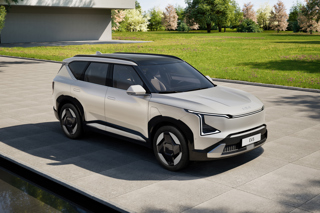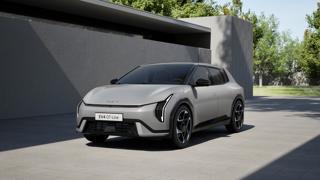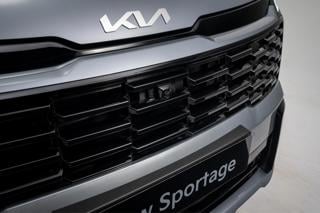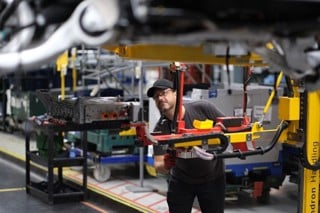By David Pickering, chairman and managing director, Eclipse
Product innovation is a cornerstone of the automotive industry.
The past month alone has underlined this with commitments from BMW and Jaguar Land Rover to plunge millions of pounds into the development of new models.
A commitment to innovation is naturally a step in the right direction for the industry, and demonstrates a clear desire to invest to attract customers.
However, manufacturers should be wary of taking their eyes off the ball when it comes to the corporate and fleet market.
After all, given the fragile state of the market, it would be churlish for manufacturers to invest all their time and effort into gaining new customers.
It is vital to cultivate relationships with existing client bases; there’s little point losing a current customer just to pick up a new one, especially when that customer is a big corporate contract holder.
So what does this mean for manufacturers and how can they work the relatively lucrative fleet market to their benefit?
Engaging with the key decision-makers for fleet contracts on a regular basis is vital.
But this mustn’t be just for the sake of it.
The appropriate messages have to be delivered across platforms and mediums relevant to this audience.
No longer in this day and age will a broader ‘scattergun’ approach yield the results.
By keeping open lines of communication, and in the right way, this in turn will deliver a positive end-to-end experience from the early decision-making process to fixing a problem through to a clear aftersales and maintenance service.
By doing so, manufacturers, whether global or niche, can ensure they are front-of-mind when current customers make their next purchase decision, reducing the temptation to look elsewhere.
Ultimately, ensuring a customer renews a contract requires lower investment than innovating to attract new ones.
The automotive industry needs to ensure it doesn’t lose sight of this in the push to improve sales, and instead maintains its focus on retention and driving loyalty rather than losing huge contracts to competitors by chasing the glitz and glamour of new products.



















Login to comment
Comments
No comments have been made yet.